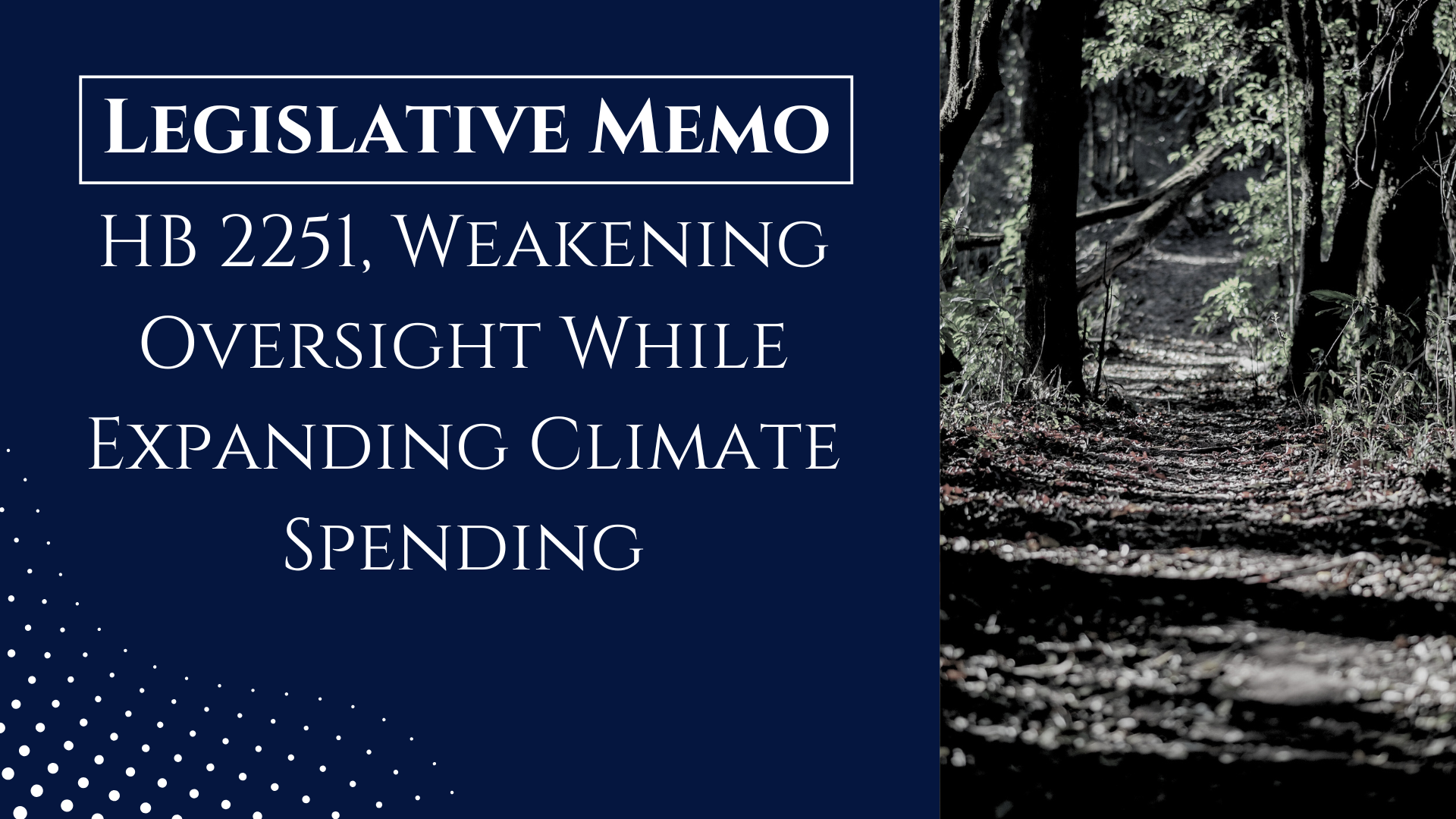Today, in Washington state, environmental policy is a fight between the policy wonks and campaign consultants. The campaign consultants are winning.
Consider a recent string of tweets and e-mails from Governor Inslee.

Last month, after flying to New York to tout his membership in the U.S. Climate Alliance, Governor Inslee argued states in the Alliance were “on track” to meet the targets in the Paris Climate Accord. The study, tweeted by the Governor, claims members of the alliance have seen a “15% reduction in greenhouse gas emissions between 2005 and 2015 alone.”
Additionally, the Governor claimed in a fundraising e-mail, “Washington is leading, as we always do.”
So, how is Washington state doing on reducing carbon emissions? Are we leading?
According to the Energy Information Administration, between 2005 and 2014 (one year shorter than the period highlighted by the Climate Alliance), Washington cut its emissions from 78.5 million metric tons of CO2 (MMT CO2) to 73.4 MMT CO2, a reduction of 6.5 percent. This is far below the 15 percent cited by the Governor. Based on this, Washington state is unlikely to meet the Paris Climate Accord target.
Despite claiming success, the Governor and other policymakers in our state have been culpable in this failure.
Governor Inslee has not been able to move climate legislation through the State House, which is controlled by Democrats. Some have blamed the Majority Coalition in the Senate, arguing it doesn’t make sense to pass legislation the Senate won’t approve. That, however, hasn’t stopped House committees from hearing bills they know will die. Nor does it stop them from passing other legislation in the House they know will not clear the Senate.
The simple reality is that the Governor wants to claim political credit for action without risking the political price of that action.
Second, the Governor and many of his allies in the environmental community actually campaigned against a revenue-neutral carbon tax ballot proposal, instead demanding a tax increase.
Washington is lagging behind states that have done nothing on climate change. Further, the Governor and his allies have failed to act or killed efforts to meet climate goals because tax increases were more important than the climate “leadership” the Governor claims to exhibit.
The real benefit of climate politics these days accrues not to the environment, but to politicians, who send fundraising letters and travel to meetings, which allows campaign consultants to claim “leadership” even as the policies fail and goals are not met.





